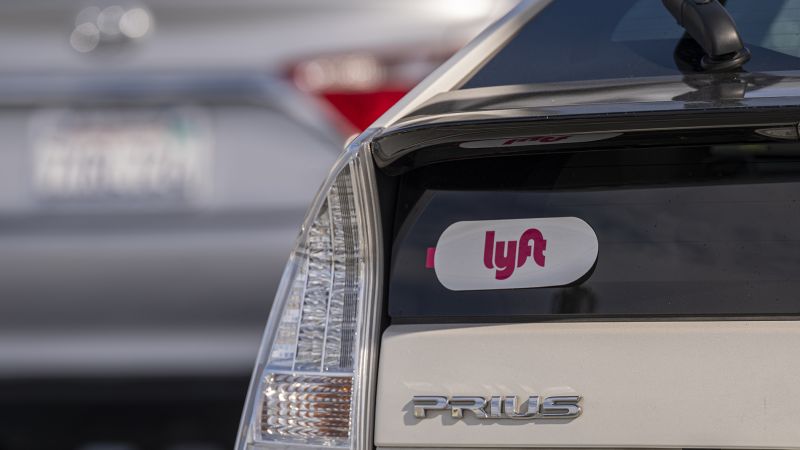- cross-posted to:
- technology@lemmit.online
- cross-posted to:
- technology@lemmit.online
Lyft is introducing a new feature that lets women and non-binary riders choose a preference to match with drivers of the same gender.
The ride-hailing company said it was a “highly requested feature” in a blog post Tuesday, saying the new feature allows women and non-binary people to “feel that much more confident” in using Lyft and also hopefully encourage more women to sign up to be drivers to access its “flexible earning opportunities.”
The service, called “Women+ Connect,” is rolling out in the coming months. Riders can turn on the option in the Lyft app, however the company warns that it’s not a guarantee that they’ll be matched with a women or non-binary person if one of those people aren’t nearby. Both the riders and drivers will need to opt-in to the feature for it work and riders must chose a gender for it to work.



Lol no.
Equity in this case is providing additional opportunities for education to those who need it.
That would be equality. Everyone given the same opportunity to benefit from resources on the basis of need. Equity would be providing additional resources to people on the basis of race, for example, irrespective of their need. The purpose of which to ensure outcomes are equitable.
Again, no.
Equity is explicitly about need. Equality is irrespective of need. This is literally the definition I gave at the start of this discussion.
Obviously to enact equitable policies, you can’t handle things on a case-by-case basis, because that doesn’t scale. You have to find metrics that correlate with need. The only policies that scale are those that target cohorts rather than individuals.
In the example of school funding, reasonable cohorts can be derived from income level and relatedly (for historical reasons in the US) race.
In the case of ride-share safety for both riders and drivers, gender is a decent axis for defining cohorts.
You gave an example of a school. It’s really obvious that the above poster was addressing the example that you gave.
That wasn’t clear to me but thanks for clarifying. I’ll edit my comment above.
If you are providing additional X to a subset of people it is by definition not equality. The two are jot compatible.
If the two people didnt start in the exact same place then they were already unequal though. So the equity option just makes them closer to equal, equality is not measured in simply ‘how much you get for free’. I work with people with disabilities getting more ‘free’ support than you or I will ever see, are they more equal than the rest of us for it?
That is literally the distinction between equality and equity. There are different words that mean close to similar things.
Because the goal is equality of outcome. Like I said equality between people is not measured in “how much stuff you are given”